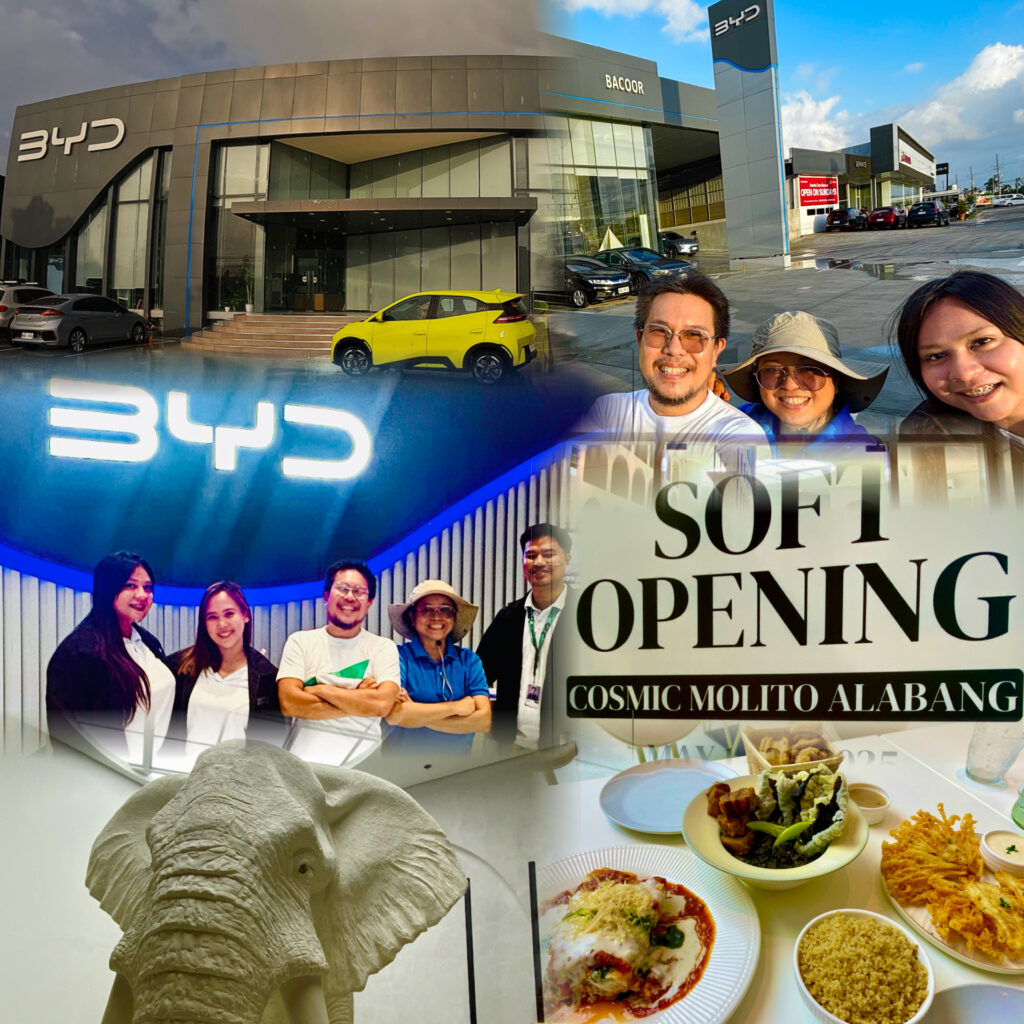It’s Day One of TessDrive’s vegan road and food trip with the BYD Seagull battery electric vehicle. After “feeding” the Seagull its own fill of electric charge at the BYD Bacoor dealership along Molino Boulevard, our team drove straight to the Cosmic Vegan Restaurant in Molito commercial complex in Alabang, Muntinlupa to get our hungry selves to 100% plant power.
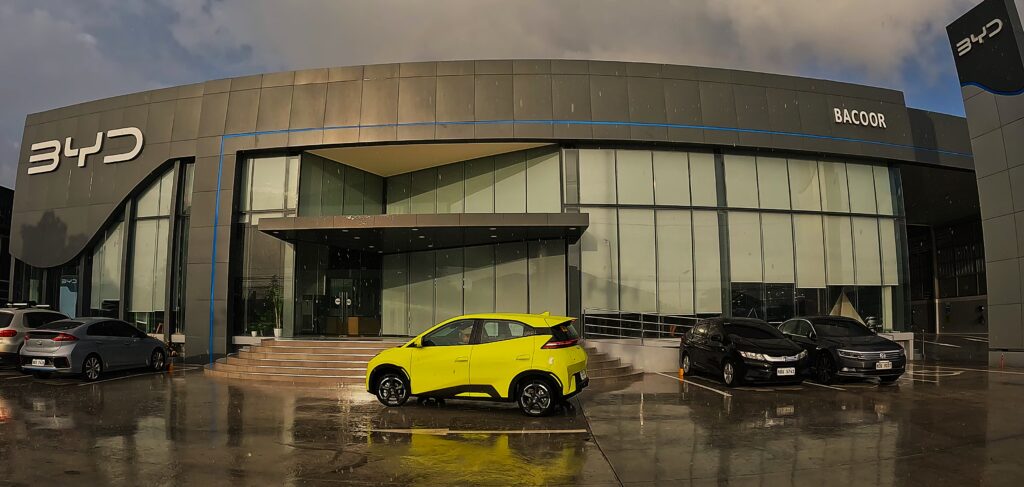
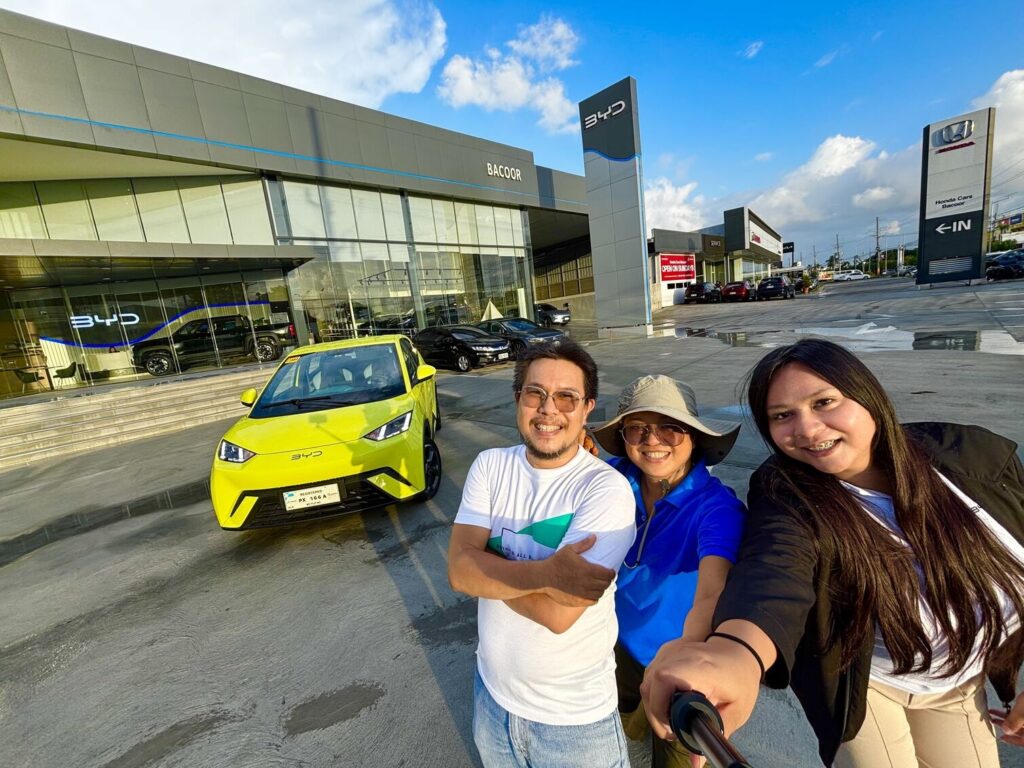
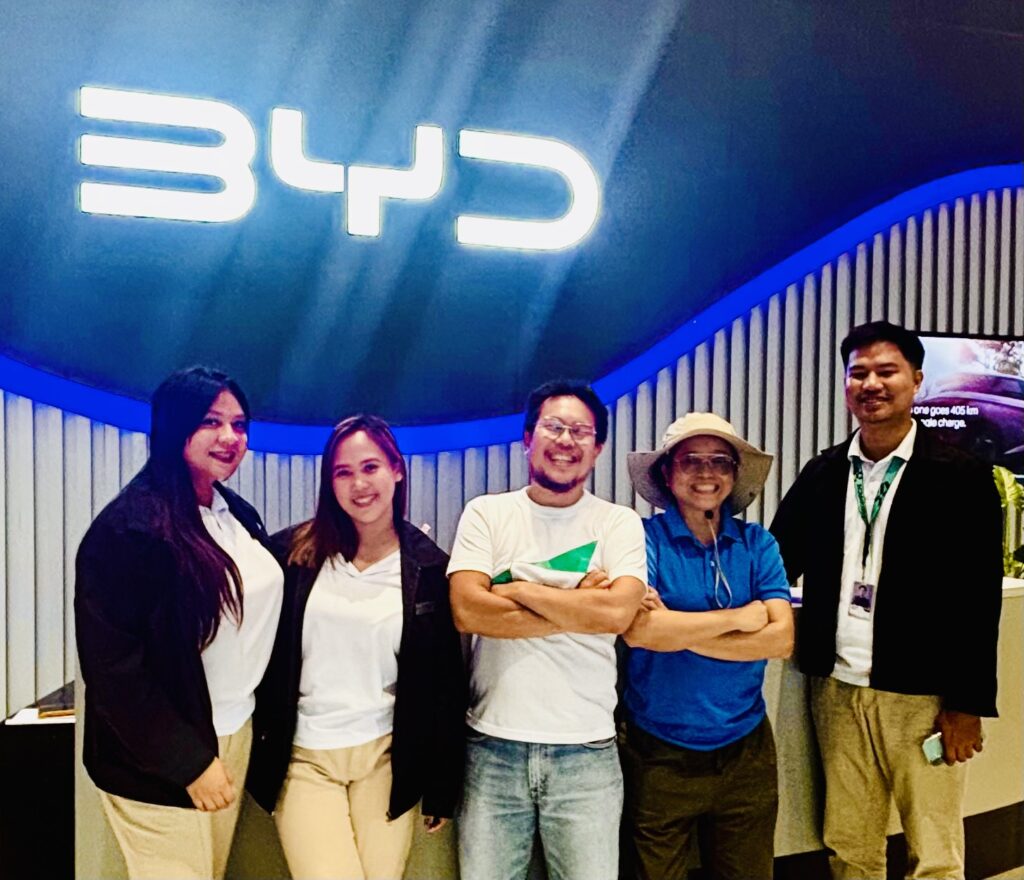
And this correlation between fueling up for humans and machines is what drives TessDrive’s belief that the best way to minimize our individual carbon footprints is not just to switch to new energy vehicles (NEVs), particularly to EVs for zero tailpipe emissions, but to transition as well to a purely plant-based diet that’s devoid of animals and animal byproducts.

More than 50% of worldwide greenhouse gas emissions are attributed to raising, feeding, and processing cattle, buffalo, sheep, goats, camels, and pigs, according to comprehensive studies by environment scientists.
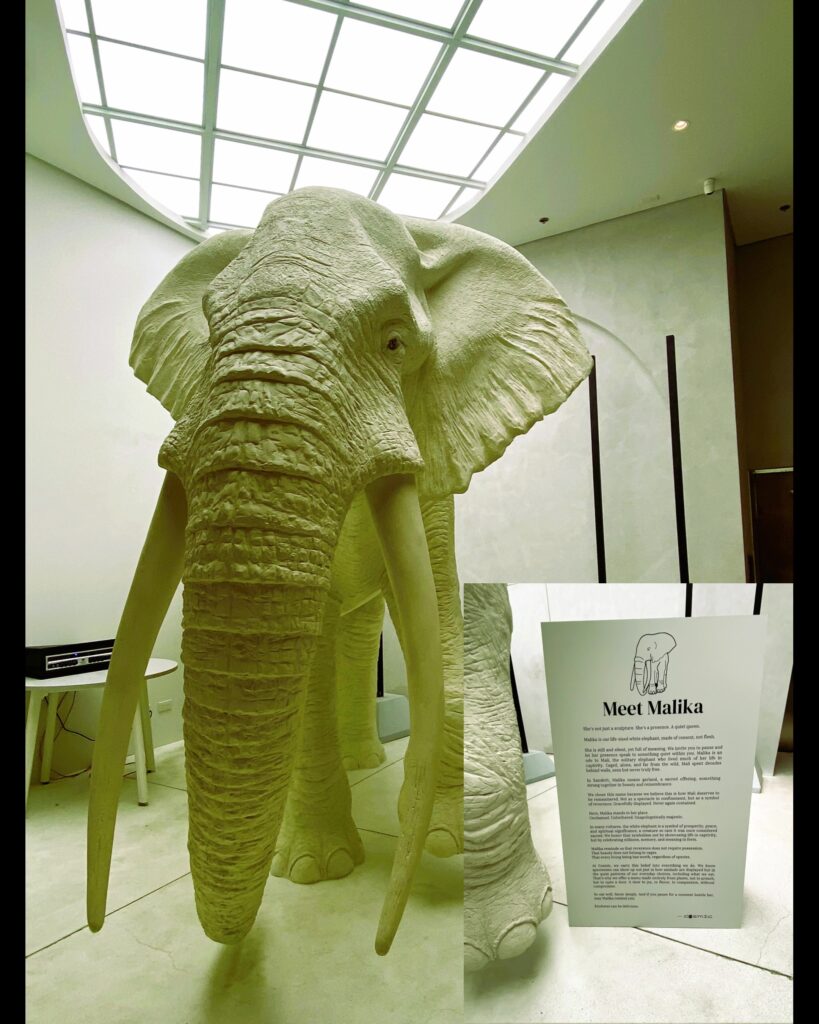
Raising cows, pigs, chicken and other animals for food have been shown to cause water shortages and water pollution, deforestation, topsoil erosion, increase in greenhouse gases, and overall environmental damage.

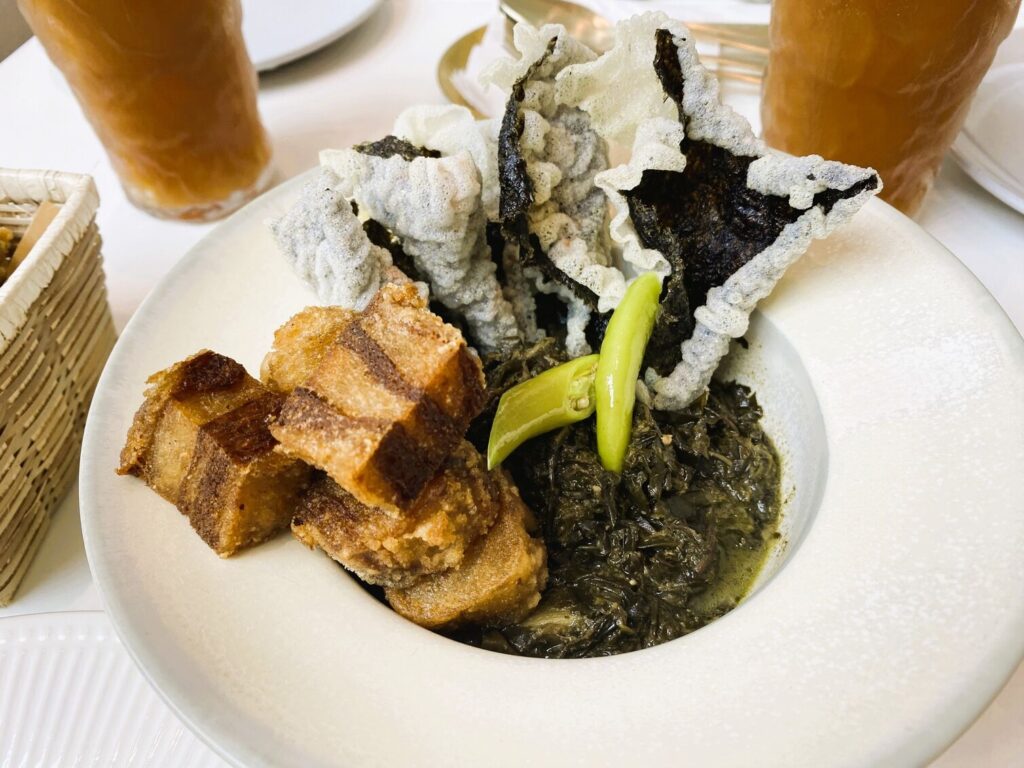

Adopting a vegan diet and switching to an electric car are 2 significant steps toward greatly reducing our individual carbon footprints. Veganism, with its focus on plant-based foods, generally results in lower greenhouse gas emissions, land use, and water consumption compared to diets including meat and dairy. Electric vehicles, while needing electricity to charge, produce zero tailpipe emissions and are generally more energy-efficient than gasoline cars.
And with the world’s available land getting scarcer for more farms, marine resources are now being exhausted, as well. “Since the early ’90s the total number of fish caught globally has leveled out. The ramification is that we’ve maxed out the ocean. About 85–90 million metric tons of fish are pulled from the ocean every year, and that hasn’t increased since the late ’90s. It has leveled off not because we’ve decided to be really proactive and be kind to the ocean and not fish anymore. It’s leveled off because we can’t get any more fish out of the ocean,” said Bruce Monger, who teaches oceanography at Cornell, for the T. Colin Campbell Center for Nutrition Studies.
So, starting today, and for the rest of the week, when we go out to eat with the BYD Seagull EV, this menacing stalker called greenhouse gas will have a hard time tracking our (carbon) footsteps.
Stay tuned for the full story and video feature of our vegan road and food trip with the BYD Seagull EV coming out soon!
Top composite photo shows Day One action at BYD Bacoor and Cosmic vegan restaurant in Alabang
